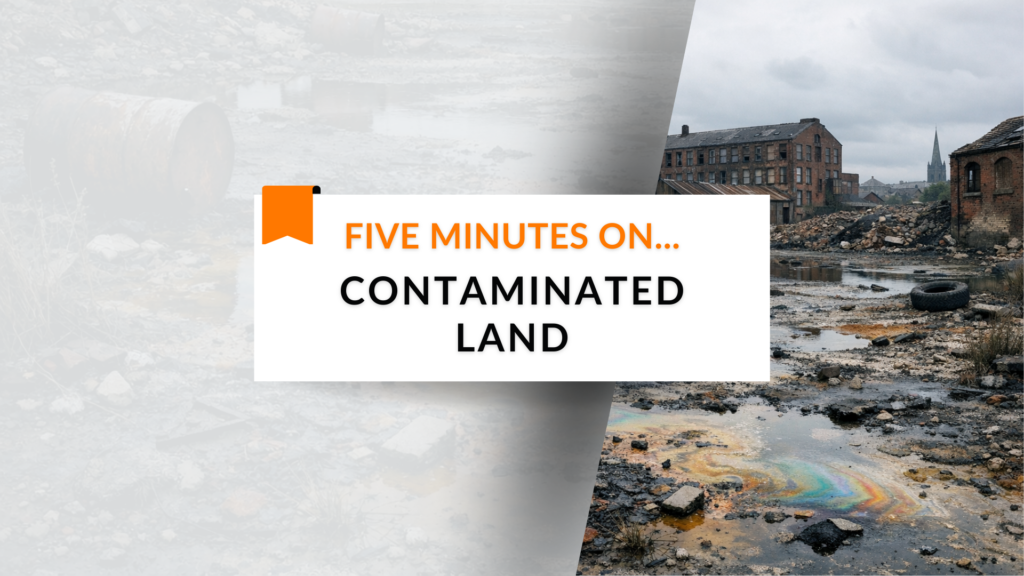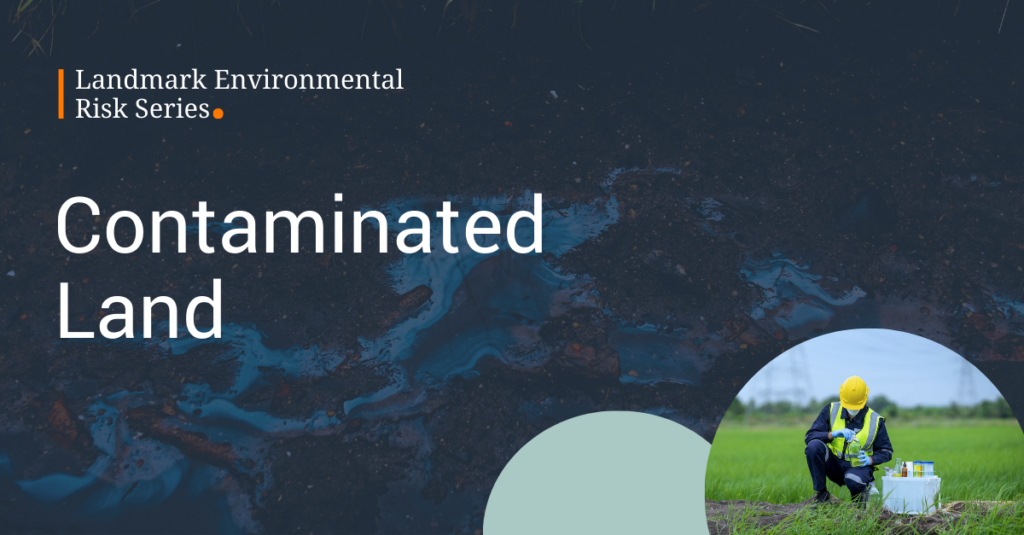
The potential dangers of contaminated land do not stand out to prospective purchasers when the door opens on the property of their dreams, spruced up and dressed for sale.
However, neglecting to investigate potential contamination on a property could spell trouble for buyers and the environment. Failing to conduct due diligence might mean hefty clean-up costs, health risks and legal issues for the new owners down the line. The spread of contaminants could harm not just the property but also the homes of neighbours and the local community.
It is the conveyancer’s responsibility to ensure home movers are fully aware of and safeguarded against the financial and environmental hazards associated with contaminated land.
The importance of due diligence
Bypassing environmental assessments to speed property transactions and reduce costs is both a false economy and dangerous. The Law Society notes:
“…you should consider in all conveyancing transactions whether land contamination is an issue.”
The only way to identify contaminated land issues is with an environmental search.
Should the environmental search expose contaminated land, the Environmental Protection Act applies the polluter pays principle, which aims to charge the original contaminator, but that is not always possible. There is strict liability on property owners for remediation costs, regardless of when the contamination occurred – even if the owner takes on the property decades after the contamination happened and the original contaminator cannot be found. Failing to disclose known contamination issues can also expose sellers and conveyancers to legal action for misrepresentation.
There are instances in which the costs for dealing with the contamination have exceeded a property’s market value, and that has plunged new private owners into negative equity and turn a dream forever home into a millstone. The importance of technical and legal due diligence regarding contaminated land cannot be understated. Where an environment search throws up a ‘Further Action’ on a property, it is on the conveyancer to dig deeper, to act further.
Related Articles

Five minutes on… Traffic Schemes
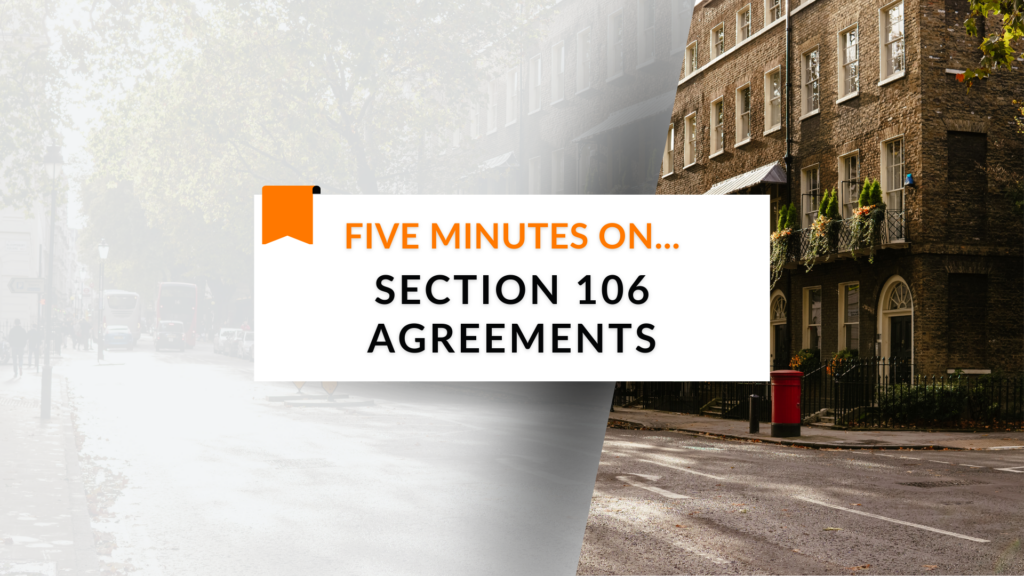
Five minutes on… Section 106 agreements

Five minutes on… Community Infrastructure Levy

OneSearch partners with 4Stamp to eliminate SDLT risk and streamline transactions
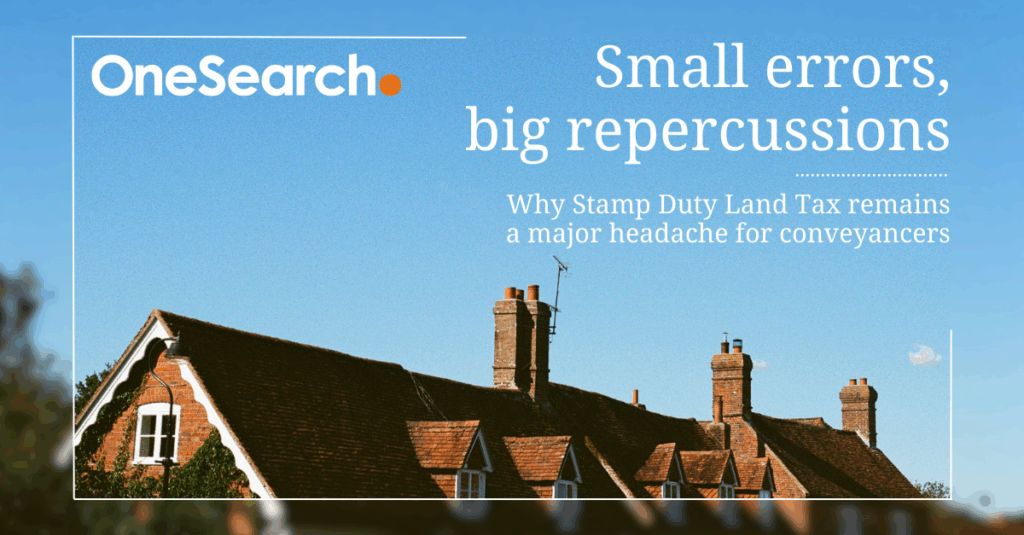
Small errors, big repercussions: Why Stamp Duty Land Tax remains a major headache for conveyancers
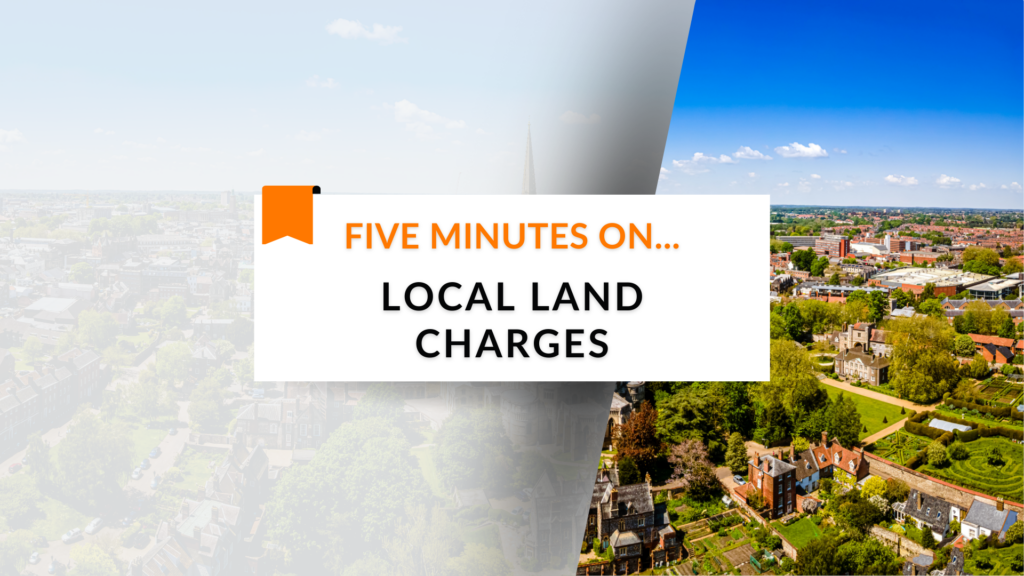
Five minutes on… Local Land Charges

Five minutes on… Local Development Plans

A Fresh New Look: How Our Updated OneSearch DW Report Makes Insights Clearer Than Ever

Five Minutes On… Biodiversity Net Gain
